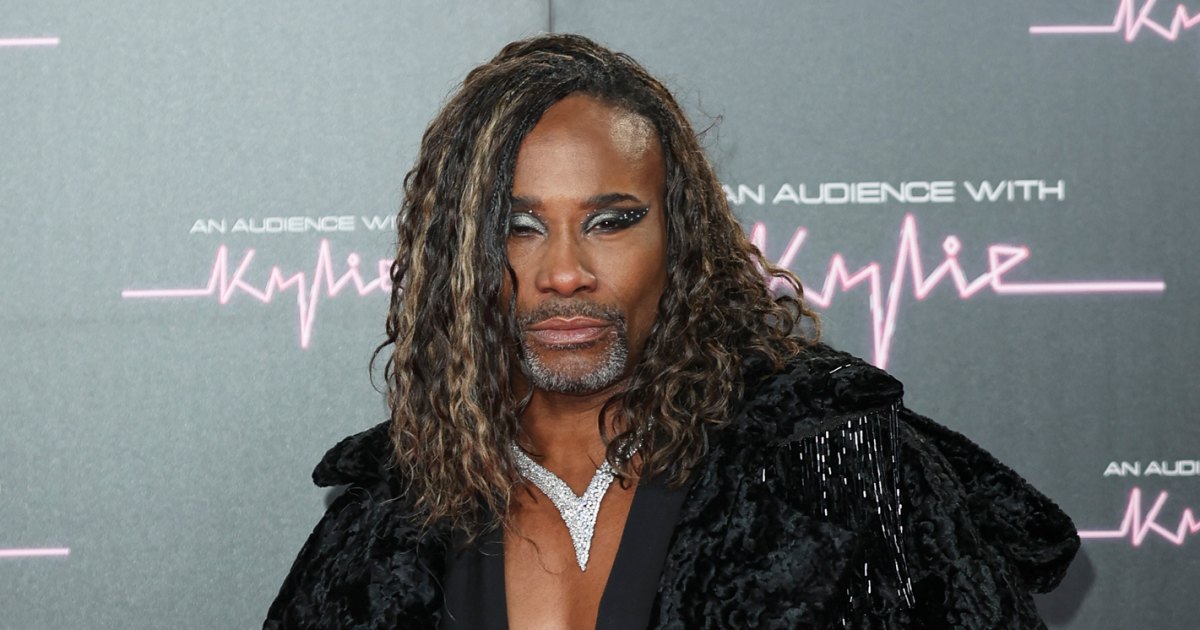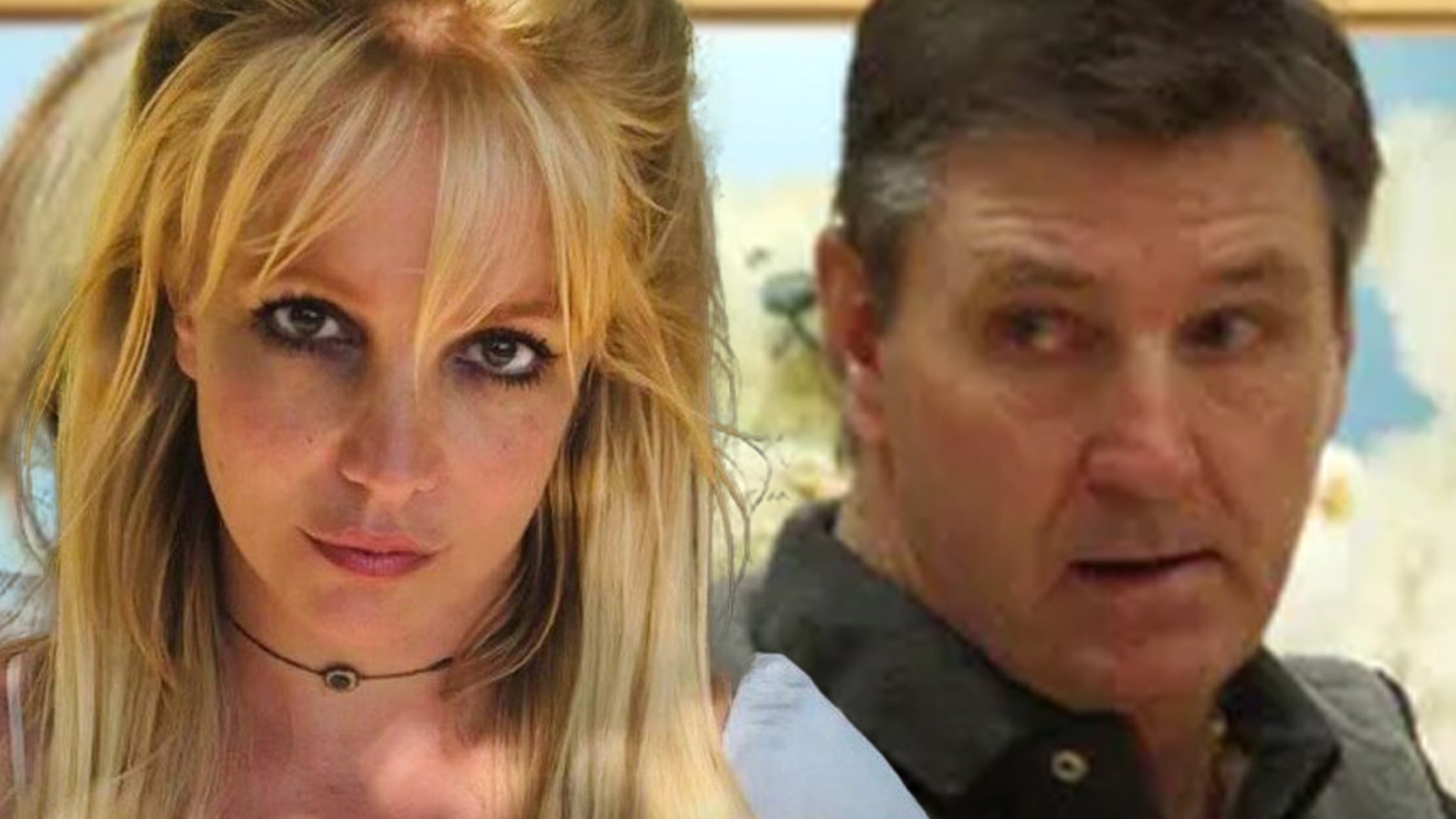Culture
Game Reviews: These Bonds Can Conquer Even Death

To discover the truth, a single mother and her spirited teen daughter take to the road. Two young brothers set off on a lethal journey to save their bedridden father. And passionate, longtime partners try to rid a New England town of a devastating supernatural scourge.
Open Roads, Brothers: A Tale of Two Sons Remake and Banishers: Ghosts of New Eden take on the emotional depths of family life in ways that shred the heartstrings — mostly without slipping into bathos. The narrative effect is the same as in other skillfully created media: You’re filled with emotion. Sometimes, you even tear up a little. But you feel good about it.
Open Roads
The American studio Open Roads Team relies on the point-and-click adventure genre to muse upon the sometimes tenuous bond between Opal (Keri Russell) and her daughter Tess (Kaitlyn Dever). It’s 2003, and you play as Tess, grimly packing up to move out with mom after Tess’s grandmother Helen passes away.
This five-hour interactive drama with humorous touches is cuts above a Lifetime movie. Long-held family secrets are uncovered by finding dusty letters, yellowed newspaper clippings and a child’s artwork. Teenage Tess does all of the sleuthing; Opal interprets dialogue, offers subjective, parental perspective and provides biographic history. The two are stunned to discover Helen’s passionate letters in addition to hints about bootlegging and a jewelry heist. What was going on in this family?
In any case, they can no longer afford Helen’s maternal dwelling, partially because of Opal’s misfortunes. She has dealt with her share of layabouts, deadbeats and heartbreakers. While Tess is adventurous, independent and full of youth’s vim, Opal is more guarded after a recent divorce from a dreamer who left to become a professional gambler (and who doesn’t provide alimony, either).
Clicking through the branching dialogue, you learn that Tess still loves her father, who appears via text messages on a silver clamshell cellphone. But she doesn’t know everything about him. In fact, what’s kept from each character — hidden embarrassments and prideful lies — is the greatest pull of the plot.
Road trip games featuring women are all too rare (Get in the Car, Loser! and Wheels of Aurelia are exceptions), making this excursion from Michigan to Canada a welcome one. As Opal and Tess drive to the family’s summer place, a long-deserted mobile home in a flowering meadow, they trade barbs and lay blame for their current economic state, which Tess feels may lead them to live in their car.
Upon entering the ramshackle dwelling with rusted tin siding, water damage and strewn provisions, a moldy smell you would expect in such a rundown place is not mentioned. But when you find another key and Tess unlocks a generally neat and clean van outside, she makes note of a musty odor. It’s one of a few inconsistencies that took me out of the experience. (A George W. Bush speech heard on the car radio may be meant to give a sense of the era, but it acutely made me think of politics and prolonged war.)
In Open Roads, the character graphics reminded me of the animator Don Bluth’s expressive art style, but the environments — bedrooms, highways, beaches — are far more realistic. Russell and Dever are likewise seasoned voice actors who convey the nuances of difficult times despite minimal movement in their characters’ faces.
Through the evocative voice acting, this small game captures the necessity of communicating what’s been left unsaid, however distressing it may be, for a relationship to move forward.
Brothers: A Tale of Two Sons Remake
When Brothers: A Tale of Two Sons was released in 2013, during that decade’s explosion of indie games, the influence of the Uncharted series was clear: Characters ascended steep cliffs, edged around precarious turrets and used ropes to swing to new heights. Yet it was the poignant story, about siblings who work closely together, that was so crushingly startling.
The remake, with enhanced sound and more detailed graphics by the Italian studio Avantgarden, tells the same effective tale.
Brothers begins seaside, the ocean sparkling with the sun’s reflections. Despite pleasant weather, it’s a dark start because under a weeping willow’s canopy is a gray gravestone. There, Naiee, a blond child in tears, mourns his mother’s death from drowning. Outside a modest wooden cottage nearby, his thin, coughing father is gravely ill.
Down a twisting dirt road, you maneuver an old wooden cart carrying the infirm patriarch to an attending doctor, who offers Naiee and his older sibling, Naia, a map to find a cure. It’s a dangerous journey filled with devious monsters and trauma. But there’s help, too. A friendly troll with a punky mohawk and red-capped mushrooms growing from its back moves the brothers up a mountain by cradling them in its supersize hands.
There’s not much fighting here, which adds to the game’s lasting relevance. Vicious battling and the establishing of power is often expected in games, so when deeper thinking is present, it needs to be appreciated. In Brothers, much depends on solving puzzles or luring enemies into areas where they can’t attack you.
Interestingly, the acting is voiced in what the director Josef Fares calls a form of Lebanese Arabic; players must allow scenes to unfold through action, gestures and eye movement. It works astonishingly well in the six-hour adventure, somewhat like 1921’s “The Kid,” the Charlie Chaplin silent comic drama about raising an orphan. But there’s no real happy ending in Brothers, as is often the case when lingering grief persists.
Banishers: Ghosts of New Eden
At its core, Banishers: Ghosts of New Eden is about a moral choice regarding life and death. Its sturdy, plaintive narrative, sometimes reminiscent of Nathaniel Hawthorne’s romanticism, makes the decision difficult: You can’t help but be moved by the outpouring of love displayed by Antea (Amaka Okafor) and Red (Russ Bain), ghost hunters in a haunted 1695 New England town.
Their bond is so passionate that I became distressed when, early in the game, Antea is murdered by the Nightmare, a skull-faced wraith with dead, tight skin. The scene is quite scary, although the church setting and the creepy villain make the moment feel a bit derivative of Lady Dimitrescu in Resident Evil Village or Lilith in Diablo IV.
That’s really where the similarity ends in this 25-hour experience from the French developer Don’t Nod. The loving bond between the scarified Antea and the tattooed Red is evident — in a tender touch or a cradled face — even as Antea is trapped in the ghost world. Red can choose to bring Antea back to life or to let her pass into infinity.
Thankfully, as in any healthy relationship, it’s not Red’s choice alone. The two discuss the morality of the decision, which would require a magic ritual to give Antea energy taken from spirits or the souls of murderous humans. Even though some of the killed have committed ghastly crimes, such as eating a friend’s flesh to survive, is it right for a Banisher to be their judge and jury?
There are four potential endings depending on choices you make, and I brought Antea back to life in hopes of a joyful, earthly reunion. But like in Brothers, these Banishers’ lives won’t be completely blissful. They’re armed with the magic and cunning necessary to succeed in their chosen profession, having dealt with intense evil for some time. It’s made clear that darkness will continue to follow them.
Open Roads was reviewed on the PC and is also available on all major consoles. Brothers: A Tale of Two Sons Remake and Banishers: Ghosts of New Eden were reviewed on the PlayStation 5 and are also available on the PC and Xbox Series X|S.






















